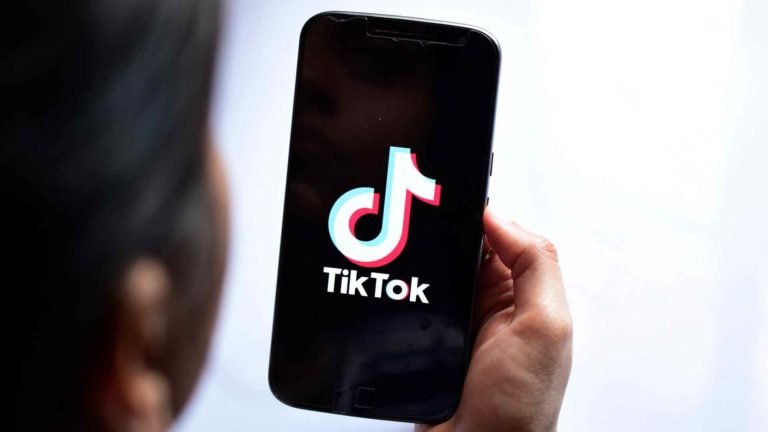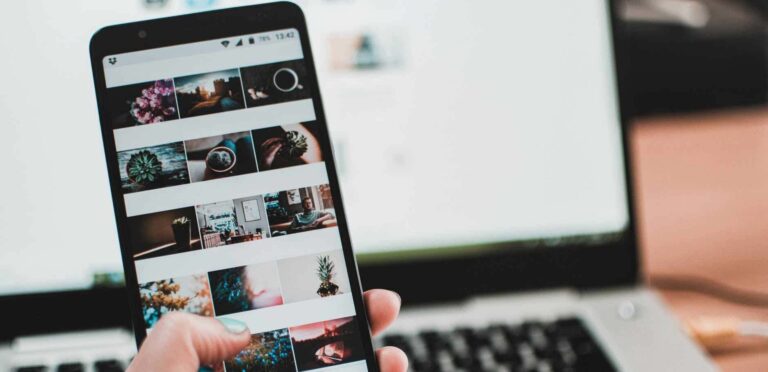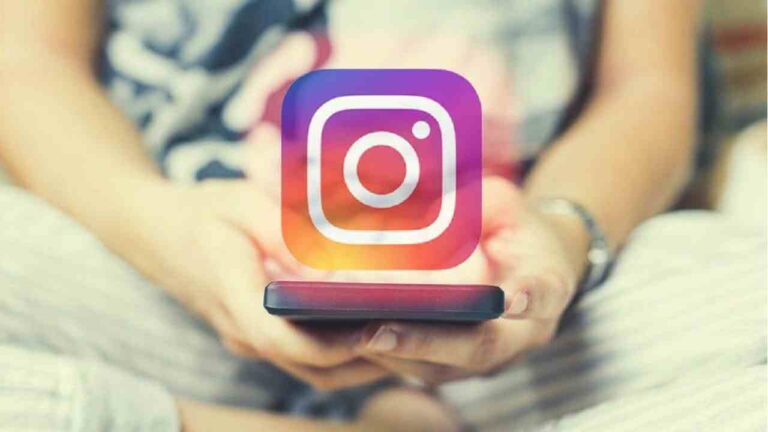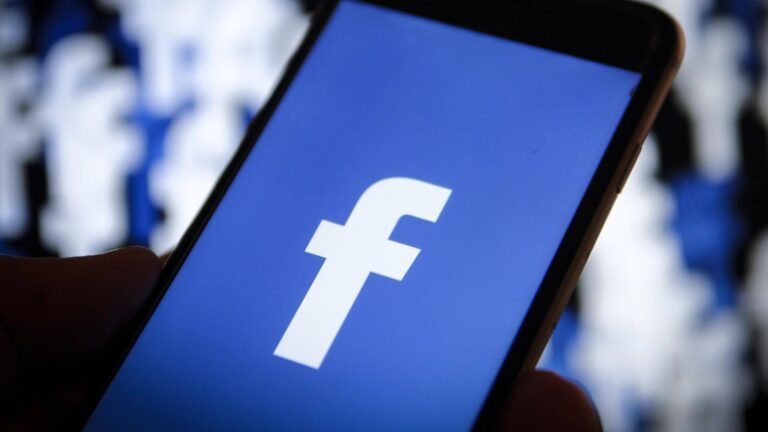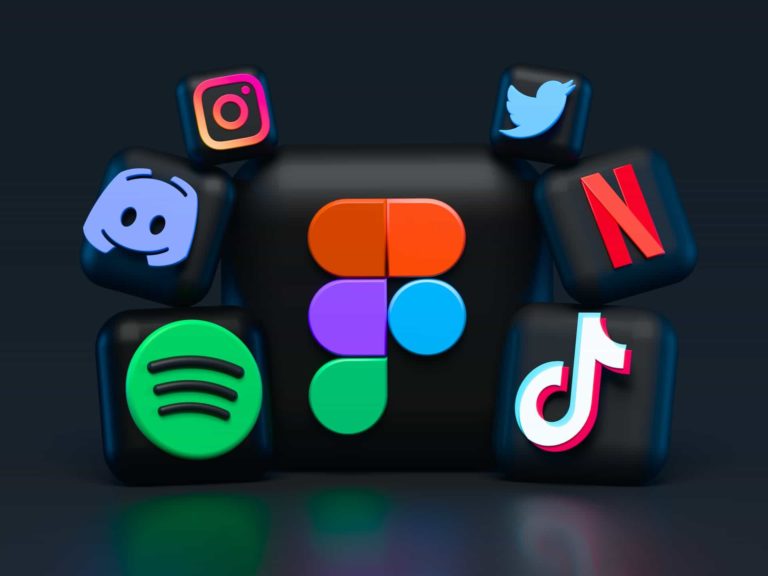10 Negative effects of social media on people & the world
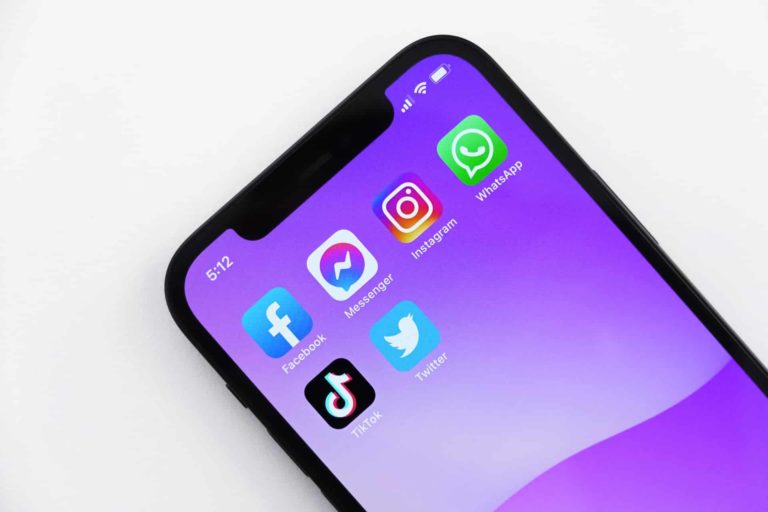
The negative effects of social media use are many. Of course, there are advantages to using these platforms, but overusing them comes with consequences.
From Facebook to YouTube, Snapchat to TikTok, social networks have grown to become the entertainment centers of the world. And in their bid to optimize their platforms, social media companies have ended up creating plenty of dependent users.
These heavy social-media users are the lifeblood that power the social business model. So, the more eyeballs, the better. But excessive social-media use is not good for you? This post shows you the top 10 negative effects of social media on people.
Social media use comes with many benefits. However, the applications of human psychology and other insights in their designs are creating problems for people. So, once you find yourself questioning your social media interactions, then it’s time to consider stepping away.
If you can confirm that social media is affecting your life or those close to you negatively, then the best solution is to stop using it completely. This can be difficult though, so here are a few other tips to help.
- You can limit your social media use to specific times of the day. For example, only in the mornings, at break-time, or before going to bed.
- You can also set time limits to your social media interactions by timing yourself whenever you use a social platform.
- Learn to avoid smartphone use at work, during family meals, when talking to your kids, and other important times of the day.
- If you bought a smartphone for your kid, then set boundaries early. This can include specific use times or no phone in bed.
- Delete social medial apps from your phone, as these are optimized to disrupt you. Better to visit social platforms from your browser.
- Turn off all social media notifications.
Here are the 10 biggest negative effects of social media:
Social medial addiction is characterized by high concern for social media and the constant impulse to login and see what’s happening. Although it might seem like a simple behavioral addiction, the negative effects on the user’s life can be as real as that of substance abuse.
The use of social platforms has been optimized to induce dopamine production in the user’s mind, the same way that drugs and gambling do. And this leads to the ever-recurring behavior of checking status updates and relentless browsing.
If you have reason to check your use of social media or that of someone else, then answering yes to 3 or more of the following questions should be an indication of potential social-media addiction.
- Are you constantly with your phone or checking updates?
- Do you check your account in the middle of conversations?
- Have you ever lied about how much time you spend on social apps?
- Do you find yourself neglecting your work because of social media?
- Do you see social media as a refuge from the physical world?
- Are you always itching to share something online?
- Have you tried reducing social-media use and failed?
2. Narcissism
Narcissism is an extreme focus on your public image. That is your ego-personality. Now, a little bit of narcissism is good for all of us, but too much is not.
The problem is that social networks like Facebook and Instagram focus on sharing pictures of a person’s outward appearance, successes in life, and so on. This pushes people to do almost anything, just to get likes and followers – in other words, narcissism.
Narcissus from Greek mythology fell in love with his reflection in a pond and rejects every other thing in life, including lovers and food. He finally dies by the pond, totally in love with himself.
As with Narcissus from whose name the word narcissist evolves, once a person becomes too focused on his ego, people around him suffer. This includes loved ones, family members, and most importantly, spouses.
Of course, narcissism will always exist in human societies. But research shows that young adults that are frequent social media users are more prone to grandiose narcissism.
3. Depression & Stress
Given that everyone is trying to get as much attention and likes as they can, it’s no surprise that the vast majority of influencers often stage their photoshoots. That is, they only share their good sides with the world.
This eventually leads to a feeling of inadequacy for the average user, because it looks like you cannot measure up. Or that you are not as good as the flamboyant influencers.
The final result is often depression, as everyone seems to be doing better than you. It can also lead to stress in your everyday life or isolation from real-life activities.
4. Productivity Loss
Numerous studies have shown that social media disrupts work and productivity in general. We are at our productive best when we focus, but social-media notifications know how to break those focused moments.
According to Pew Research, 77% of workers report using social media at work. And considering that workers spend up to 30% of their time on social media, it becomes clear why many companies have social-media policies or outright bans in place.
Still, if you are self-employed or part of company management, you will find that switching off notifications or setting out time outside your working schedule to browse and socialize can be quite helpful in boosting your productivity.
5. Relationship Issues
We are animals and this means that in addition to reasoning, we also emote. Social platforms are aware of this, so that’s why you get emojis and emoticons all over the place.
The truth, however, is that certain emotions require physical proximity to be truly effective through resonance, something called vibing. Surely, you can have a good understanding with someone over the web, but you can only truly vibe with that person physically.
Another issue is the healthy psychological development of adolescents. Humans need physical interactions for proper psycho-emotional development, something that social media alone cannot offer.
6. Lower Self Esteem
Another negative effect is lower self-esteem. This is especially evident on sites like Instagram, where everyone is fit with a six-pack and perfect body.
These models have thousands of followers and sell all kinds of weight-loss and bodybuilding exercises, videos, and the latest gadgets.
What most of their followers fail to realize is that they will never be like those models. Because they often spend the entire day training for many years to be like that. Normal people have to work during the day, travel, or have babies.
But the followers believe that they have to look hot like the models and this often evolves into low self-esteem that might lead to substance abuse, impair job or academic performance, and create other personal problems.
7. Benumbed Minds
A majority of social media users are in the habit of mindlessly browsing through their favorite platforms. This makes their minds as benumbed as watching television.
Since social media has become a distraction and escape from the real world. Users often turn to their phones when they feel lonely or anxious, in a bid to switch off from the reality before them.
Such behavior leads to lower levels of creativity, initiative, and problem-solving skills. And this in turn increases the stress, personal issues, and negative consequences that you may have been avoiding.
The solution is to tackle problems head-on. Do not allow your problems to keep growing until they get out of hand. Work on solving your issues first, then socialize when you have free time.
8. Fake News
Fake news is wrong information that is often used to influence and manipulate social media users. There are two types of fake news: misinformation and disinformation.
Misinformation is simply news that has changed from the original content, mostly due to different people interpreting the original events differently and passing on their interpretations as real. Disinformation is news that is created with the intent to deceive.
Most social media users fall victim to fake news because they often believe whatever their social-media friends believe. So, if everyone is protesting against a particular political issue, then everyone else joins the movement because it is trending. And usually without conducting any research.
Even for those that try to find unbiased information, AI search features may mostly return results that are only in line with the user’s biases, thereby worsening the problem.
9. Privacy Invasions
Big Tech knows everything about you because you are the one feeding their machines and algorithms with all the information they need.
Asides from the platforms mining your data and using it for whatever they feel like, there are other privacy concerns as to note.
Social media is often employed to spread spyware that can steal information from your phone or computer. Or ransomware to extort money from you.
Other malware types include botnets for DDoS attacks and spam mailing. As well as phishing, where the malicious actor will find a way to trick you into revealing your personal information like credit card numbers, passwords, and so on.
10. Cyberbullying
Cyber-bullying is a serious issue among teenagers and it pertains to everything from appearance to race, intelligence, sexuality, religion, and other issues.
With most teenagers available online, over 60% have experienced some sort of cyberbullying according to Pew Research. But it doesn’t stop there, as adults too are victims of online harassment.
Bullied people are often withdrawn or moody. Their academic performance may drop, they may lose interest in school, change eating and sleeping habits, or try to make new friends.
The social media platforms are well aware of this, so they have ways to let you report bullies and others with offensive behavior.
Conclusion
Coming to the end of our list of the 10 negative effects of social media on people, you have seen the other part of Web2.0 and the potential dangers of its excessive use.
These platforms still have their advantages though. So, it is up to you to figure out how useful they are to you and to decide on how much or little you want to use them.
